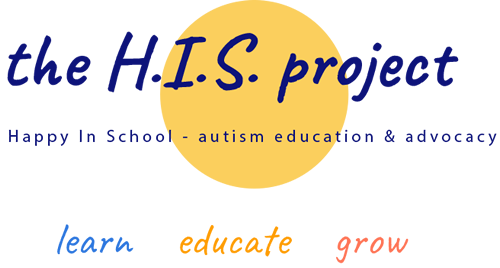Do you know any children or young people with autism/ADHD who have been excluded from school? If you are their parent, I feel your pain, as I was that mum. I feel as strongly about excluding children from school, as I much as I believe in well-behaved children. These two are not at opposite ends of the scale: encouraging good behaviour is highly desirable in children who are free from trauma, emotional distress, hunger, neurodiversity and those who are not. ALL children misbehave, pushing boundaries, that is part of their growing up. But most of these children know when to tow the line and have an intrinsic respect for authority.
Children with significant emotional or neurological challenges such as autism or ADHD, will struggle with their behaviour and their emotional responses, some will struggle with authority itself (for example those with pathological demand avoidance or PDA). Children in these categories are either unaware of how their behaviour impacts other people, or unable to regulate their behaviour to avoid affecting others. This causes everyone concerned huge distress and anger.

Stress and anxiety in ADHD and autistic children can create overwhelming feelings, leading to anger or ‘meltdowns.’
This is one of the reasons why I wrote my new book…S.E.N.D. in the Clowns, based on my experiences of children with autism and or ADHD who are educated in mainstream schools. There is still a fundamental misconception about how autistic and ADHD children present in school. Sometimes it becomes a battle of wills between the family, the school and the authorities. With the child somewhere in the middle and sometimes often without a voice – both literally and metaphorically. It’s exhausting for all concerned and can result in trauma for the parents (and child), anxiety for the child and distress for the teaching staff.
I talk a lot about exclusions in the book, particularly as children from black Caribbean or socially disadvantaged groups are disproportionately excluded from school, setting up a cycle of disadvantage which is almost impossible to escape from. The UK school’s behaviour framework is subject to political change as successive governments revise and update policies, but this independent report by Mr. Bennett, commissioned by the Department for Education explains the current thinking most clearly. The management of behaviour for children with SEND (special educational needs and disability) is signalled as requiring ‘further discussion’ and the requirement for ‘greater guidance’ for schools in managing and the most challenging students. The reports suggests that this could be done in a ‘follow up report’ to investigate best practice in pupil referral units and alternative provision.
There is brilliance across the education sector, none more so that the specialist school sector, but as Ofsted’s exclusion figures don’t include ‘managed moves’ or ‘offrolling’ – the issue of exclusion especially for children with autism or ADHD – is perhaps bigger than we know. This means many lives in jeopardy, talent thrown to the wayside. This is a huge area for discussion and one that can be polarising, but it’s a conversation we must have.
My new book isn’t just about exclusions, it’s chock full of ideas and suggestions for parents and educators, explanations of the diagnostic process, therapies, suggestions on food and schools and much more.

Suzy writing S.E.N.D. in the Clowns
This article in Autism Eye clearly outlines the issues many parents (and teachers) face in school. I’m hoping my book will empower parents to realise the huge role they have to play in supporting their children, preventing exclusions and creating opportunities for their young adults to live a safe and happy life. There are many educational shining stars out there and many more children who need a different way of nurture, and a safe, non-judgemental learning environment, in which to find their passions and hone their skills. If we can put a man on the moon…?
© Suzy Rowland

